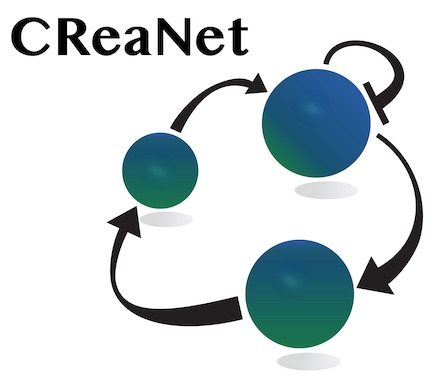
Marcel DE PUIT (NFI)
After a position at Pfizer (Sandwich, UK) and Specs Compound Handling (Delft, NL) Marcel went to work for the Netherlands Forensic Institute (NFI) as the Research Lead for Fingerprint Research in 2007. From 2015 he has been a part-time Associate Professor at the Delft University of Technology (TUDelft).
Marcel (ResearcherID: H2035-2013, Orcid ID) experience in research started at the University of Glasgow (Scotland, UK) with a R&D traineeship as a part his BSc-studies, under the supervision of prof. P. J. Kocienski. After finishing the BSc-degree Marcel took up a PhD position at the University of Leeds, UK, again under the supervision of prof. Kocienski.
Marcel’s research interest range from the development of new visualisation reagents to the chemical analysis of fingerprints. The research so far has resulted in some interesting insights in the development and the chemical profiling of latent fingerprints. The chemical profiling can in future be used to estimate the age of fingerprints and establish certain habits of the donor. He has published 30 research papers and a textbook. An overview of the research output and personal profile can be found on www.marceldepuit.com.
As founding father of the European Division of The International Association for Identification Marcel is a member of the board of directors and currently the treasurer.
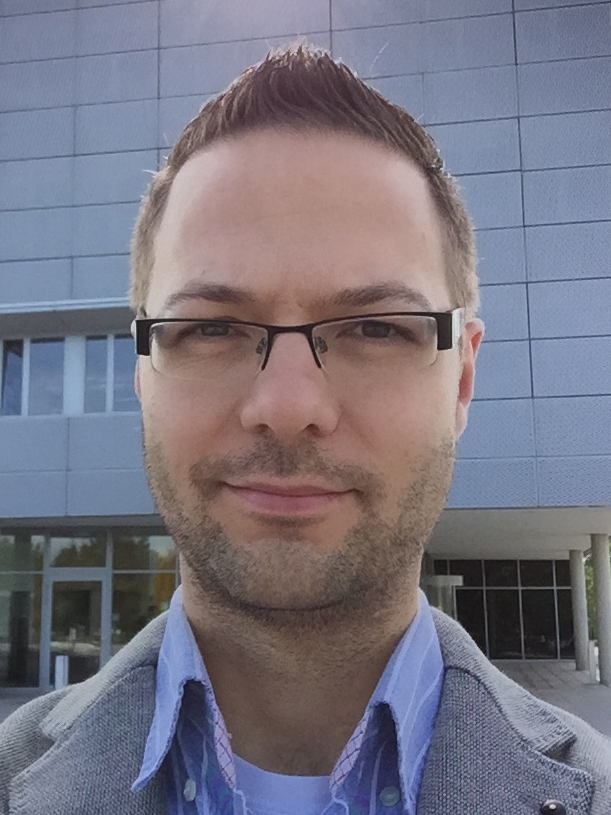
Thomas Hermans (UNISTRA)
Thomas Hermans is an assistant professor at the University of Strasbourg and group leader of the Laboratory of Nonequilibrium Complex Systems (www.hermanslab.com) at the Institut de Science et d’Ingénierie Supramoléculaires (France), since 2013. He studied Chemical Engineering and Chemistry at the Eindhoven University of Technology (The Netherlands, 2000-2006), followed by a PhD at the faculty of Biomedical Engineering at the same university under the supervision of Prof. E.W. (Bert) Meijer (2006-2010). Next, Dr. Hermans joined the group of Prof. Bartosz Grzybowski at Northwestern University (USA, 2010-2013).
He received the ERC Starting Grant 2017, Thieme Chemistry Award 2018, Prix Guy Ourisson 2018, and is the coordinator of MSCA-Innovative Training Network 2018 ‘Creanet’ on chemical reaction networks. He is co-founder of Qfluidics, a company centered around ferrofluids and magnetostaltic pumping. The main goal of the Hermans lab is obtaining adaptive, self-healing, self-replicating and ultimately living systems (and materials) using molecular self-assembly under far-from-equilibrium conditions.
E-mail address: hermans@unistra.fr
Website: http://www.hermanslab.com
Google scholar: https://goo.gl/NP8FOn
Key papers:
- Leira-Iglesias, M. Stich, T.M.Hermans*, Nature Nanotechnology, 2018, 13, 1021–1027, Oscillations, traveling fronts and patterns in a supramolecular system.
- Sorrenti, J.Leira-Iglesias, A.J.Markvoort, T.F.A.de Greef*, T.M.Hermans*, Chem. Soc. Rev. 2017, 46, 5476-5490, Non-equilibrium supramolecular polymerization. (+ COVER)
- Ashkenasy, T.M.Hermans, S.Otto, A.F.Taylor, Chem. Soc. Rev. 2017, 46, 2543-2554, Systems Chemistry.
- Sorrenti, J.Leira-Iglesias, A.Sato, T.M.Hermans*, Nature Communications 2017, 8:15899, Non-equilibrium steady-states in supramolecular polymerization.
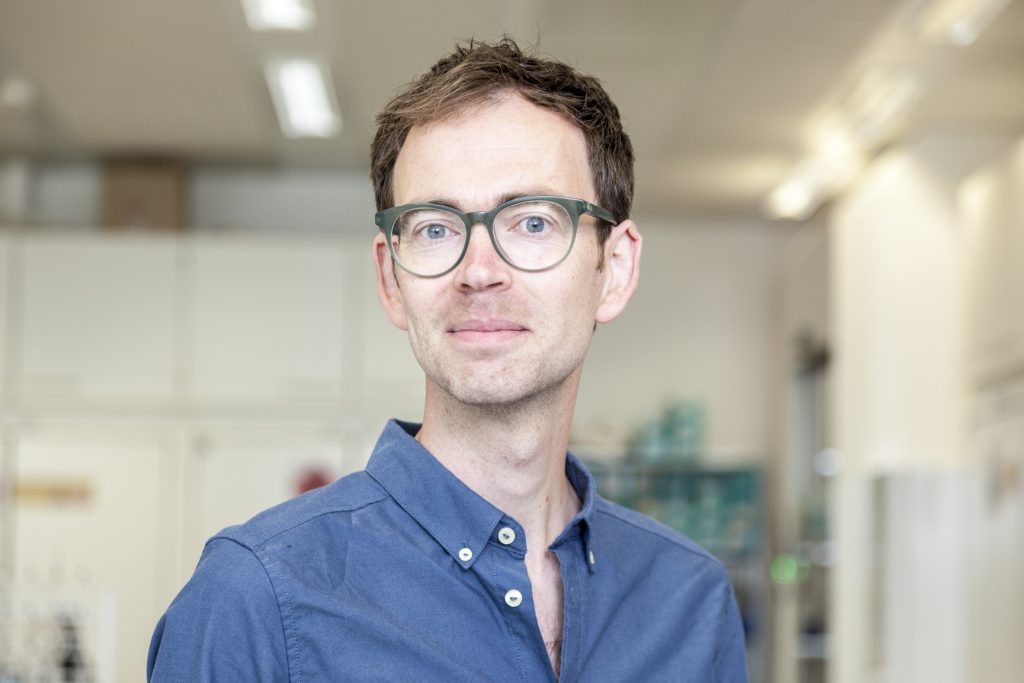
Rienk Eelkema (TUD)
Rienk Eelkema is an associate professor at the Department of Chemical Engineering at Delft University of Technology in the Netherlands. He obtained his PhD in chemistry (cum laude, 2006) with Prof. Ben Feringa at the University of Groningen. After postdoctoral work at the University of Oxford with Prof. Harry Anderson, he joined the TU Delft Faculty in 2008 (tenured in 2013). His lab made several discoveries in soft materials, dynamic covalent and catalytic control over self-assembly processes, out-of-equilibrium assembly, and molecular electronics. At the moment, he runs a research group of around 10 PhDs and postdocs. The main research interests of his group include the use of chemical reactivity and catalysis to control self-assembly processes and soft materials, responsive materials for use in biomedicine, and the design and application of chemical reactivity and soft materials in physics, biology and engineering.
Researcher ID: D-7349-2011
Website: tudelft.nl/cheme/eelkema
Key papers:
- Trausel, C. Maity, J. M. Poolman, D. S. J. Kouwenberg, F. Versluis, J. H. van Esch, and R. Eelkema; “Chemical signal activation of an organocatalyst enables control over soft material formation” Nature Commun. 2017, 8, 879
- Boekhoven, W.E. Hendriksen, G. J. M. Koper, R. Eelkema & J. H. van Esch; “Transient Assembly of Active Materials Fueled by a Chemical Reaction” Science 2015, 349, 1075-1079
- Boekhoven, J. M. Poolman, C. Maity, F. Li, L. van der Mee, C. B. Minkenberg, E. Mendes, J. H. van Esch & R. Eelkema, “Catalytic control over supramolecular gel formation” Nature Chem. 2013, 5, 433-437
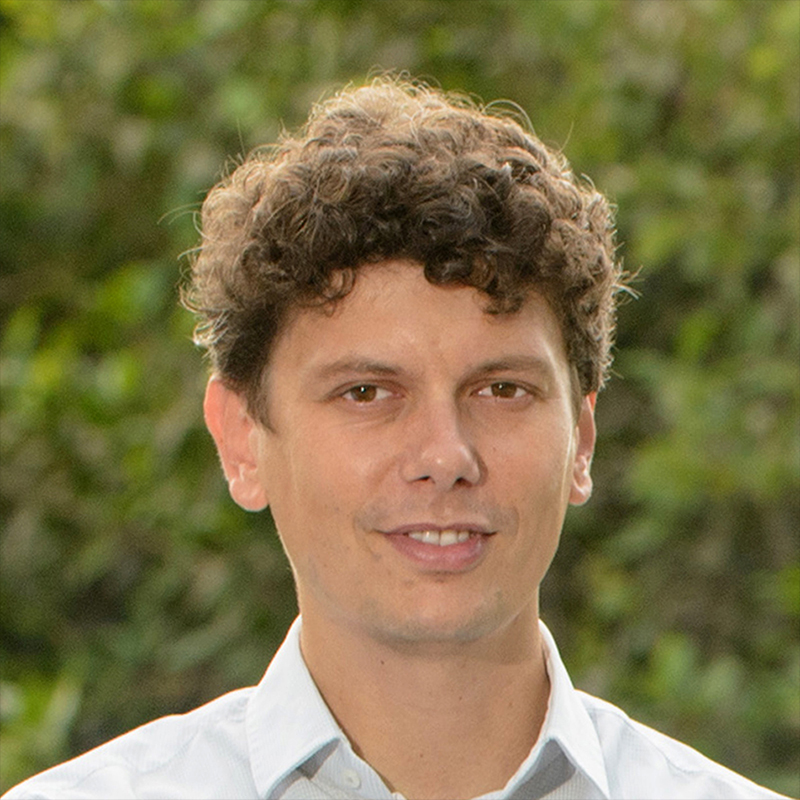
Rafal Klajn (WIS)
Rafal Klajn is an Associate Professor in the Department of Organic Chemistry at the Weizmann Institute of Science (Israel). He completed his undergraduate education and M.Sc. in Chemistry summa cum laude at the University of Warsaw in 2004. In 2009, he obtained a Ph.D. degree in Chemical and Biological Engineering at Northwestern University (USA). He then joined the Weizmann Institute as an Assistant Professor and was promoted to Associate Professor with tenure in 2016. The interests of his research group revolve around supramolecular chemistry, photochromism, molecular switches, chemical reaction networks, nanoscale self-assembly and reactivity, and the development of new stimuli-responsive and dissipative nanomaterials. Klajn serves on the advisory boards of several journals, including Chem, Chemical Society Reviews, ChemPhotoChem, and Particle & Particle Systems Characterization. He has chaired Gordon Research Conferences Artificial Molecular Switches & Motors, Self-Assembly & Supramolecular Chemistry, and System Chemistry, among several other conferences. Klajn is a recipient of several international prizes and awards, including the 2010 IUPAC Prize for Young Chemists, the 2013 ACS Victor K. LaMer Award, the 2015 Liebig Lectureship, the 2016 Netherlands Scholar Award for Supramolecular Chemistry, the 2017 Chemical Society Reviews Emerging Investigator Lectureship, the 2018 Cram Lehn Pedersen Prize in Supramolecular Chemistry, and the 2019 New Horizons Solvay Lectureship in Chemistry.
Website: www.weizmann.ac.il/oc/Rafal
Google Scholar: https://scholar.google.com/citations?hl=en&user=b5KbcLkAAAAJ
Key papers:
- M. Grzelczak, L. M. Liz-Marzán, R. Klajn. Stimuli-responsive self-assembly of nanoparticles: Towards using ligand-protected nanoparticles as the building blocks of complex chemical systems, Chem. Soc. Rev. 2019, 48, 1342–1361.
- Z. Chu, Y. Han, T. Bian, S. De, P. Král, R. Klajn. Supramolecular control of azobenzene switching on gold nanoparticles, J. Am. Chem. Soc. 2019, 141, 1949–1960.
- D. Samanta, D. Galaktionova, J. Gemen, L. J. W. Shimon, Y. Diskin-Posner, L. Avram, P. Král, R. Klajn. Reversible chromism of spiropyran in the cavity of a flexible coordination cage, Nat. Commun. 2018, 9, 641.
- S. De, R. Klajn. Dissipative self-assembly driven by the consumption of chemical fuels, Adv. Mater. 2018, 30, 1706750.
- M. Sawczyk, R. Klajn. Out-of-equilibrium aggregates and coatings during seeded growth of metallic nanoparticles, J. Am. Chem. Soc. 2017, 139, 17973–17978.
- T. Udayabhaskararao, T. Altantzis, L. Houben, M. Coronado-Puchau, J. Langer, R. Popowitz-Biro, L. M. Liz-Marzán, L. Vuković, P. Král, S. Bals, R. Klajn. Tunable porous nanoallotropes prepared by post-assembly etching of binary nanoparticle superlattices, Science 2017, 358, 514–518.
- H. Zhao, S. Sen, T. Udayabhaskararao, M. Sawczyk, K. Kučanda, D. Manna, P. K. Kundu, J.-W. Lee, P. Král, R. Klajn. Reversible occlusion and reaction acceleration within dynamically selfassembling nanoflasks, Nat. Nanotech. 2016, 11, 82–88.
- D. Manna, T. Udayabhaskararao, H. Zhao, R. Klajn. Orthogonal self-assembly of nanoparticles using differently substituted azobenzenes, Angew. Chem. Int. Ed. 2015, 54, 12394–12397.
- P. K. Kundu, D. Samanta, R. Leizrowice, B. Margulis, H. Zhao, M. Börner, T. Udayabhaskararao, D. Manna, R. Klajn. Light-controlled self-assembly of non-photoresponsive nanoparticles, Nat. Chem. 2015, 7, 646–652.
- G. Singh, H. Chan, A. Baskin, E. Gelman, N. Repnin, P. Král, R. Klajn. Self-assembly of magnetite nanocubes into helical superstructures, Science 2014, 345, 1149–1153.
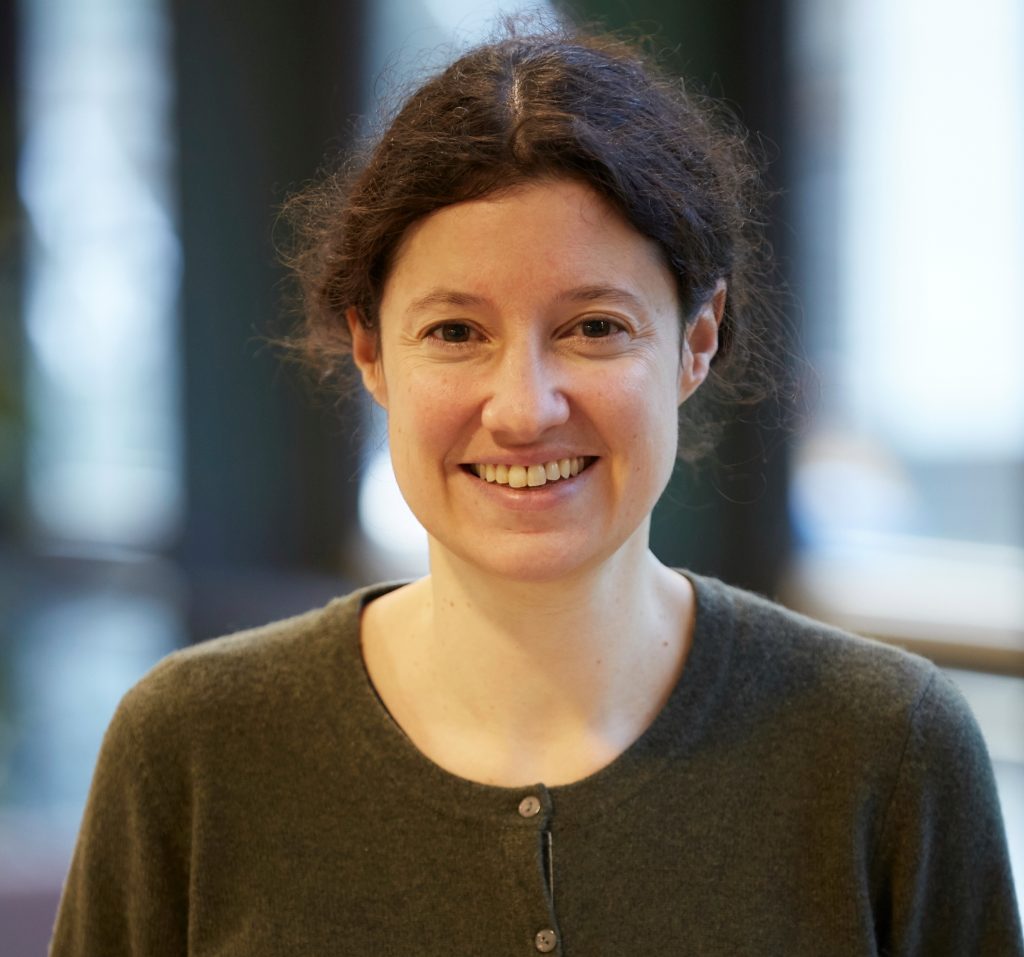
Annette Taylor (USFD)
Dr Annette Taylor is a Senior Lecturer in Chemical and Biological Engineering at the University of Sheffield. She is experienced in combining computational (kinetic) modelling with experiments of chemical/biochemical reaction and mass transport. Her research involves the design and optimisation of autocatalytic reaction networks in non-equilibrium materials, devices or sensors. She is also interested in collective behaviour inspired by bacteria and other single-celled organisms. Dr Taylor has over 50 publications, including in Science and PRL and has written News and Views articles for Nature and Nature Chemistry. She has obtained research funding from the EPSRC, EU and Innovate UK and has taken part in a number of European networks, hosting visits from both early career and advanced researchers through COST Action CM1304 on Complex Chemical Systems (2013 – 2017), ESF REACTOR (2000 – 2005); ESF FunDyn (2005 – 2010).
Website: https://www.sheffield.ac.uk/cbe/people/academic-staff/dr-annette-taylor
Key paper:
E Jee, T Bansagi, AF Taylor and J Pojman Temporal Control of Gelation and Polymerization Fronts Driven by an Autocatalytic Enzyme Reaction Angew. Chem. Int. Ed. 2016, 55, 2127-2131.
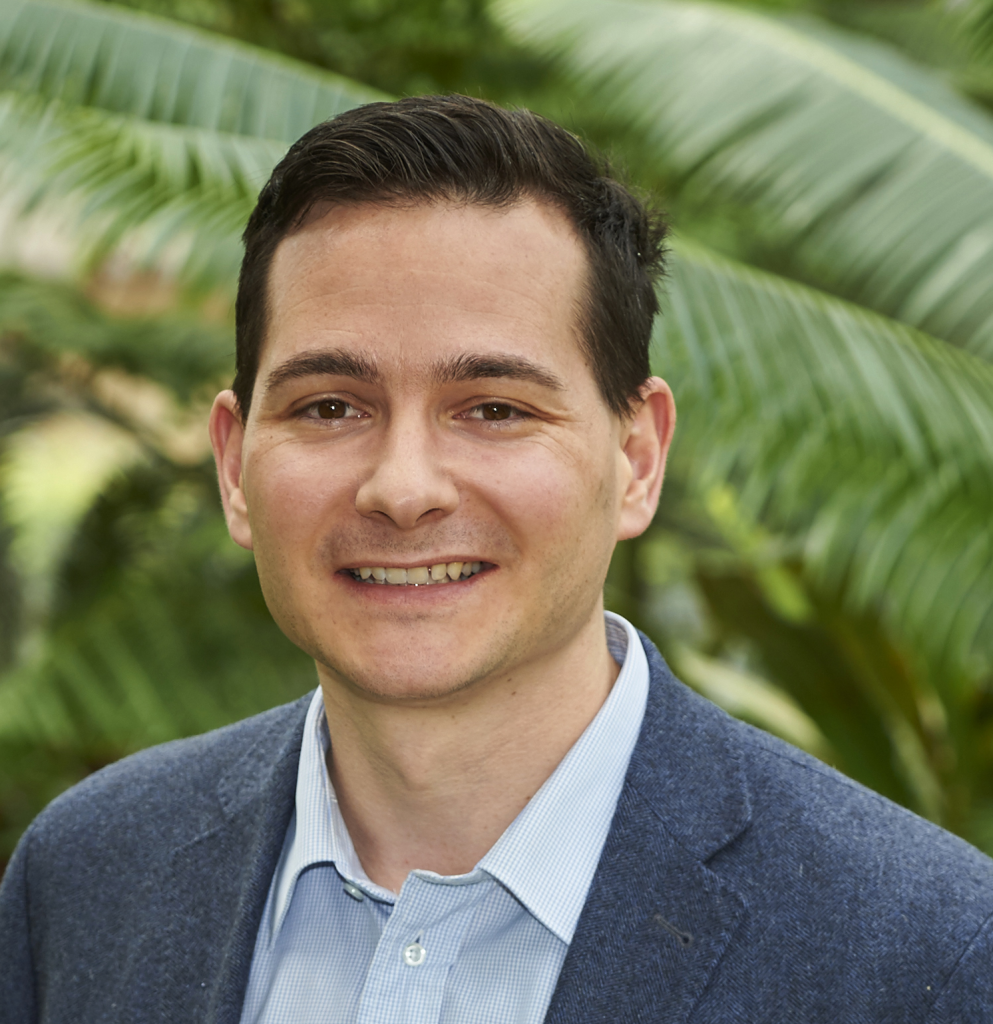
Andreas Walther (JGU)
Andreas Walther is a Professor for Macromolecular Materials and Systems at the Department of Chemistry at the Johannes Gutenberg University in Mainz (Germany).
The Walther Lab develops hierarchical self-assembly concepts inside and outside equilibrium, and connects those to (bio)macromolecular materials research – often following bioinspired design principles. At the core of our investigations is the design and synthesis of precision-engineered (bio)macromolecular structures.
Going across hierarchical length scales, we use these building blocks for innovative materials systems design, and focus on programming the space and the time domain of self-assembling materials systems. Our long-term efforts are directed towards energy-driven and feedback-controlled non-equilibrium systems to realize next-generation, adaptive, active and autonomously dynamic soft molecular material systems with the ultimate goal to achieve life-like properties.
Andreas Walther has published ca. 150 papers in Nature, Nature Nanotechnology, Nature Communications, Angewandte Chemie, Advanced Materials, etc. (h-index 52; ca. 10000 citations) and has recently been awarded an ERC Starting Grant, the Bayer Early Excellence in Science Award (for Materials), a BMBF NanoMatFutur Research Group, and the Hanwha-Total IUPAC Young Scientist Award awarded at the biannual IUPAC World Polymer Congress (2018). He is a fellow of both the Freiburg (FRIAS) as well as the Strasbourg Institute for Advanced Studies.
Link to the group page: www.walther-group.com
Link to Google Scholar: https://scholar.google.com/citations?user=C80MTEkAAAAJ&hl=en
Selected Publications:
Review: Merindol, R.; Walther, A. “Materials Learning from Life: Concepts for Active, Adaptive and Autonomous Molecular Systems” Chem. Soc. Rev. DOI: 10.1039/C6CS00738D (2017)
- Merindol, R.; Delechiave, G.; Heinen, L.; Catalani, L. H.; Walther, A. “Modular Design of Programmable Mechanofluorescent DNA Hydrogels” Nature Commun. 10, 529 (2019).
- Merindol, R.; Loescher, S.; Samanta, A.; Walther, A. “Pathway-Controlled Formation of Mesostructured all-DNA Microgels and their Superstructures” Nanotech. 13, 730 (2018).
- Heuser, T.; Weyandt, E.; Walther, A. “Biocatalytic Feedback-Driven Temporal Programming of Self-Regulating Non-Equilibrium Peptide Hydrogels” Chem. Int. Ed, 54, 13258 (2015)
- Das, P.; Malho, J.-M.; Koshrow, R.; Schacher, F.; Wang, B.; Walther, A.: “Nacre-Mimetics with Synthetic Nanoclays up to Ultrahigh Aspect Ratio” Commun. 6, 5967 (2015).
- Gröschel, A. H.; Walther, A.; Löbling, T. I. Schacher, F. H.; Schmalz, H.; Müller, A. H. E. “Guided Hierarchical Co-assembly of Soft Patchy Particles” Nature, 503, 247 (2013).
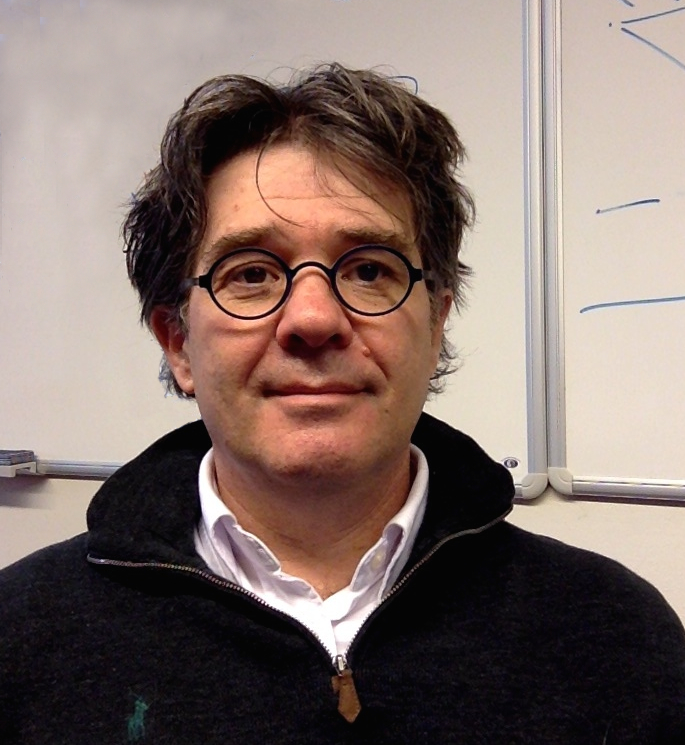
Jan H. van Esch (TUD)
Jan H. van Esch is professor of chemistry at the Department of Chemical Engineering of the University of Delft, and he is chairing the Advanced Soft Matter group. He is a supra-molecular and physical organic chemistry scientist with a PhD from Radboud University (1993, Prof. Nolte), and worked from 1995-2007 with prof. Ben Feringa at the University of Groningen. His research focusses on directed self-assembly and far-from-equilibrium phenomena in molecular systems, and exploitation of such systems in smart materials and biomedical applications. He is recipient of fellowships of the Humboldt Foundation and the Royal Netherlands Academy of Arts and Sciences (KNAW), and a VICI grant from the Netherlands Foundation of Scientific Research (NWO). Amongst other activities, he is director of the TU Delft MSc program in Chemical Engineering, board member of the Royal Netherlands Chemical Society (KNCV), and MT member of the European COST action “Emergence and evolution of complex chemical systems”.
Researcher ID: E-5543-2011
Website: https://www.tudelft.nl/en/faculty-of-applied-sciences/about-faculty/departments/chemical-engineering/scientific-staff/jan-van-esch/
Key paper:
Transient assembly of active materials fueled by a chemical reaction
Job Boekhoven, Wouter E. Hendriksen, Ger J.M. Koper, Rienk Eelkema, Jan H. van Esch Science 349, 1075-1079 (2015), DOI: 10.1126/science.aac6103

Heiko Wolf (IBM)
Heiko Wolf is a Research Staff Member in the ‘Physics of Nanoscale Systems’ group of the Science & Technology department at IBM Research – Zurich. His research focuses on transfer methods for nanopatterning applications and self-assembly of colloidal objects. Heiko Wolf studied chemistry at the University of Mainz, Germany, and at Kyoto University, Japan. He received a diploma degree in chemistry from the University of Mainz in 1992. In 1995, he received a Ph.D. degree in chemistry from the University of Mainz for work done in collaboration with IBM’s Zurich Research Laboratory on self-assembled monolayers. After three years as a Research Scientist in the polymer division at Degussa AG, he joined the microcontact processing group of IBM’s Zurich Research Laboratory as a Research Staff Member in 1999.
Profile: https://researcher.watson.ibm.com/researcher/view.php?person=zurich-hwo
Research: https://www.zurich.ibm.com/st/nanoscale/control.html
Google Scholar: https://scholar.google.ch/citations?user=2-7DiHQAAAAJ&hl=de&oi=ao
ORCID: https://orcid.org/0000-0002-7218-5759
Key papers:
1. Carroll, K. M.; Rawlings, C.; Zhang, Y.; Knoll, A. W.; Marder, S. R.; Wolf, H.; Duerig, U. Testing the Equivalence between Spatial Averaging and Temporal Averaging in Highly Dilute Solutions. Langmuir 2017, 33 (51), 14539–14547. https://doi.org/10.1021/acs.langmuir.7b02730
2. Carroll, K. M.; Wolf, H.; Knoll, A.; Curtis, J. E.; Zhang, Y.; Marder, S. R.; Riedo, E.; Duerig, U. Understanding How Charged Nanoparticles Electrostatically Assemble and Distribute in 1-D. Langmuir 2016, 32 (51), 13600–13610. https://doi.org/10.1021/acs.langmuir.6b03471.
3. Wolf, H.; Rawlings, C.; Mensch, P.; Hedrick, J. L.; Coady, D. J.; Duerig, U.; Knoll, A. W. Sub-20 nm Silicon Patterning and Metal Lift-off Using Thermal Scanning Probe Lithography. J. Vac. Sci Technol. B 2015, 33 (2), 02B102. https://doi.org/10.1116/1.4901413
4. Ni, S.; Leemann, J.; Buttinoni, I.; Isa, L.; Wolf, H. Programmable Colloidal Molecules from Sequential Capillarity-Assisted Particle Assembly. Science Advances 2016, 2 (4), e1501779. https://doi.org/10.1126/sciadv.1501779.
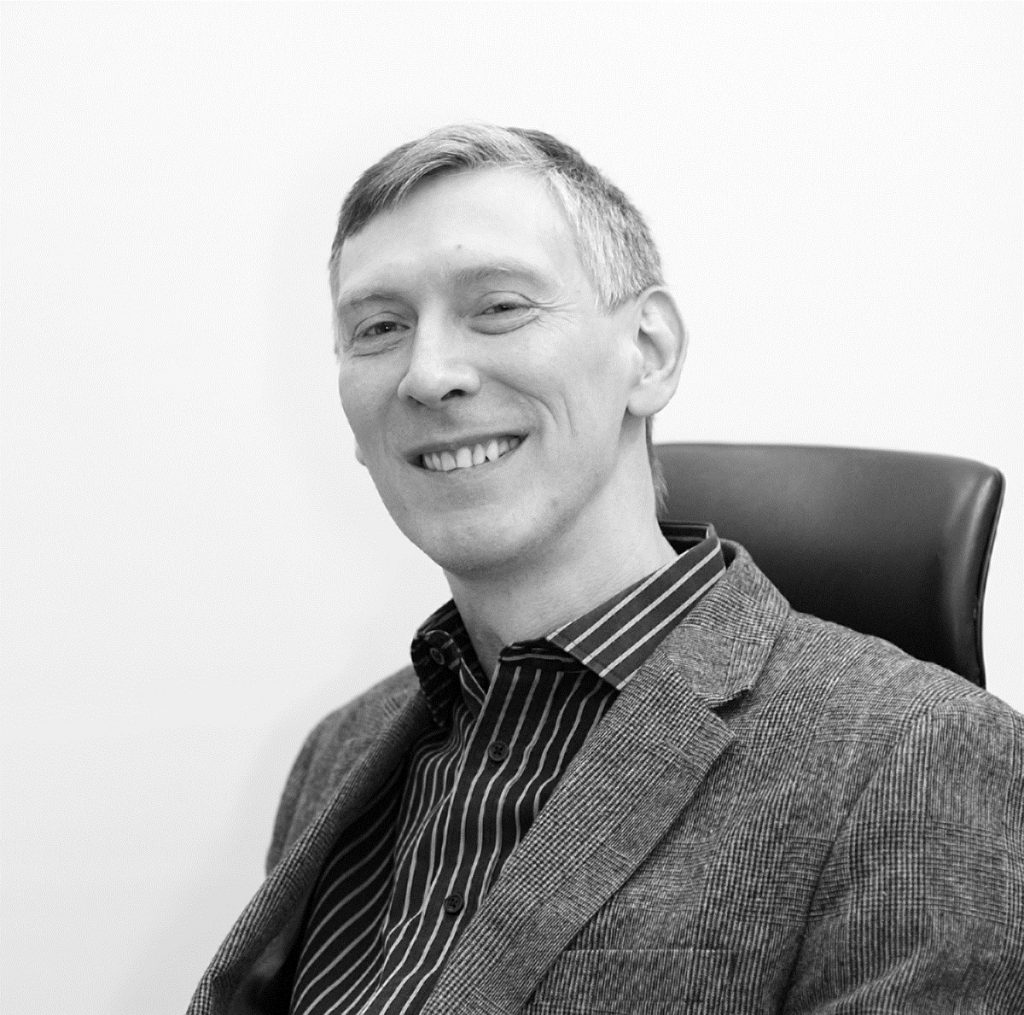
Aldo Jesorka (Chalmers)
Aldo Jesorka studied theoretical and physical chemistry at Leipzig University/Germany from 1989-1994. He completed his diploma thesis in the laboratory of Prof. A. Katritzky at the University of Florida at Gainesville, FL, USA. In 2000 he received the Dr. rer. nat. degree from the University of Düsseldorf after completing his research on supramolecular light harvesting structures at the Max-Planck Institute for Radiation Chemistry in Mülheim/R. After a postdoctoral visit at Arizona State University, Tempe, USA, from 2000-2001, he joined Chalmers University of Technology in Göteborg, Sweden, where he has assembled a research group working in the area of biophysical chemistry and integrative micro- and nanosciences. He became associate professor in 2009, professor in 2015, and has been the head of the Biophysical Technology Laboratory at Chalmers since 2011.

Philipp Baaske (NANOT)
Philipp Baaske is CEO and co-founder of NanoTemper Technologies GmbH since 2008. He studied physics with specialization biophysics at the University of Bayreuth (2000-2005) and did his PhD in Biophysics at Ludwig-Maximilians-University Munich in the group of Prof. Dieter Braun (2005 – 2010). In 2008 he founded NanoTemper Technologies GmbH together with Stefan Duhr and is CEO of NanoTemper and responsible for the global R&D since 2008. In 2012 Philipp Baaske won the “German Innovation Award”, the “German Founders Award” in 2014 and in 2015 he was elected by the magazine “Capital” for one of the 40 most promising talents of Germany younger than 40 in the category “Entrepeneur”. In the years 2017 and 2018 he won the TOP100 “innovator of the year” awards for small and medium sized enterprises in Germany. In 2019 Philipp Baaske received the “Technology Transfer Prize” of the German Physical Society (DPG).
Email address: Philipp.baaske@nanotempertech.com
Website: www.nanotempertech.com
Google scholar: https://scholar.google.de/citations?user=ppU_xSIAAAAJ&hl=de
Key papers:
- Protein-binding assays in biological liquids using microscale thermophoresis CJ Wienken, P Baaske, U Rothbauer, D Braun, S Duhr Nature communications 1, 100, 2010
- Molecular interaction studies using microscale thermophoresis M Jerabek-Willemsen, CJ Wienken, D Braun, P Baaske, S Duhr Assay and drug development technologies 9 (4), 342-353, 2011
- Microscale thermophoresis quantifies biomolecular interactions under previously challenging conditions SAI Seidel, PM Dijkman, WA Lea, G van den Bogaart, Methods 59 (3), 301-315, 2013
- Extreme accumulation of nucleotides in simulated hydrothermal pore systems P Baaske, FM Weinert, S Duhr, KH Lemke, MJ Russell, D Braun Proceedings of the National Academy of Sciences 104 (22), 9346-9351
